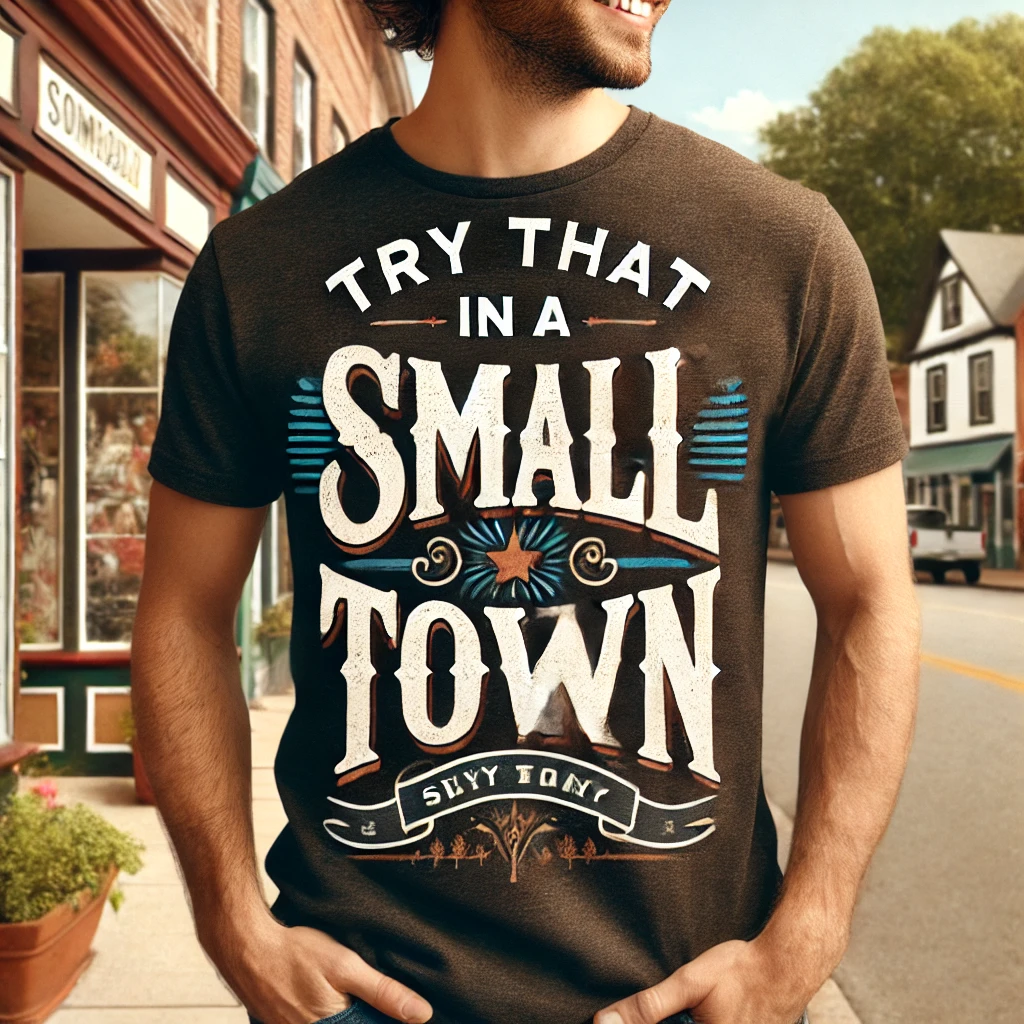
Exploring the World of 100% Organic Clothing: Benefits and Popular Brands
Introduction
In a world increasingly focused on sustainability, 100% organic clothing has gained significant attention for its health and environmental benefits. Shoppers are becoming more aware of the harmful effects of synthetic fabrics and are seeking natural alternatives, with pure cotton clothes leading the charge. This blog will explore the many benefits of 100 percent organic cotton and showcase popular organic apparel brands, helping you understand why cotton-only clothes are an excellent choice for a greener lifestyle.
1. Understanding 100% Organic Cotton Clothing
What Is 100% Organic Cotton?
100% organic cotton clothing refers to garments made from cotton that is grown without the use of harmful chemicals, pesticides, or synthetic fertilizers. The cultivation process is regulated by various certifications, such as the Global Organic Textile Standard (GOTS) and the Organic Content Standard (OCS). These certifications ensure that the cotton is not only grown organically but also processed and manufactured in an environmentally friendly manner.
The result is a product that is pure, eco-friendly, and safe for the skin. Organic cotton is grown using natural methods that help maintain soil health and support sustainable farming practices, which means that choosing 100 percent organic cotton helps protect both the environment and the farmers who produce it.
The Difference Between Organic and Conventional Cotton
The key difference between organic and conventional cotton lies in how the cotton is cultivated. Conventional cotton is often treated with pesticides and chemicals that can have lasting negative effects on the environment, including soil degradation and water pollution. Furthermore, these chemicals can be harmful to the health of farmworkers and local communities.
In contrast, organic cotton is grown with natural, chemical-free processes, which often include crop rotation, natural fertilizers, and beneficial insects for pest control. This sustainable farming method not only protects the environment but also promotes biodiversity, helping to sustain the ecosystems where cotton is grown. This makes it the healthier choice for both people and the planet.
2. Why Choose 100% Organic Cotton for Your Wardrobe?
Health Benefits of Organic Cotton Clothing
One of the primary reasons people are choosing 100% organic cotton clothing is the health benefits it provides. Non-synthetic clothing, like organic cotton, is hypoallergenic and free of the harsh chemicals often found in synthetic fabrics. This makes it ideal for those with sensitive skin or allergies.
Organic cotton clothes are soft, breathable, and gentle on the skin, providing a comfortable and safe alternative to chemically treated fabrics. Unlike synthetic materials, which can trap heat and moisture, organic cotton allows for better air circulation, reducing the risk of skin irritation and discomfort. Many parents also opt for organic cotton clothing for their children due to its softness and lack of harmful substances.
Environmental Impact of 100 Cotton Organic Clothes
In addition to the health benefits, there are significant environmental advantages to choosing 100 cotton organic clothes. Organic cotton farming uses approximately 91% less water than conventional cotton farming. This is particularly important in regions facing water scarcity. Moreover, organic cotton farming avoids chemical runoff that can pollute local water sources, protecting aquatic ecosystems.
By supporting organic apparel brands, consumers are making a positive impact on the environment and reducing their own carbon footprint. Each purchase of organic cotton clothing represents a step toward promoting sustainable agricultural practices, preserving natural resources, and contributing to the well-being of farming communities.
3. The Comfort of Pure Cotton Clothes
Unmatched Comfort of 100 Percent Organic Cotton
Pure cotton clothes are renowned for their comfort, and 100 percent organic cotton takes that comfort to the next level. The fibers of organic cotton are longer and finer than those of conventional cotton, resulting in a softer and more luxurious feel against the skin. This is particularly beneficial for items like T-shirts, undergarments, and sleepwear, where comfort is paramount.
Organic cotton clothing is not only softer but also more breathable, allowing air to circulate freely and keeping you cool and comfortable throughout the day. This breathability is especially important in hot and humid climates, where non-synthetic clothing can help reduce irritation and discomfort.
Comparison with Synthetic Fabrics
When compared to synthetic fabrics, pure cotton clothing is less likely to trap moisture, which can lead to skin irritation and unpleasant odors. For those who value comfort, organic cotton clothing is the ideal choice, providing a natural softness that synthetic alternatives simply cannot match. In contrast, fabrics like polyester may feel itchy or hot, especially during physical activities or warm weather.
Additionally, organic cotton has natural moisture-wicking properties, which means it can absorb sweat without feeling heavy or damp. This makes it an excellent option for active wear and everyday clothing alike.
4. The Role of Non-Synthetic Clothing in Sustainable Fashion
Importance of Non-Synthetic Fabrics
Non-synthetic clothing plays a crucial role in the sustainable fashion movement. Unlike synthetic fabrics like polyester and nylon, which are derived from petroleum and contribute to plastic pollution, organic cotton is a renewable resource that can biodegrade naturally. This means that at the end of its lifecycle, organic cotton clothing will decompose, returning nutrients to the soil rather than contributing to landfill waste.
The fast fashion industry has exacerbated the environmental crisis, leading to a culture of disposable clothing that harms both the environment and workers in the garment industry. By choosing non-synthetic clothing, consumers can actively participate in reducing waste and promoting ethical fashion practices.
Impact of Organic Apparel Brands
Organic apparel brands are at the forefront of the sustainable fashion movement, offering consumers stylish, high-quality garments made from pure cotton and other natural materials. These brands often implement transparent supply chains, ethical labor practices, and eco-friendly production methods. By supporting these brands, shoppers can help promote a more responsible approach to clothing production and consumption.
Many organic apparel brands are also engaged in initiatives to reduce their carbon footprint, such as using renewable energy in their manufacturing processes and offering take-back programs to recycle worn-out clothing. These practices align with the values of consumers who are increasingly looking for brands that prioritize sustainability and ethical responsibility.
5. Popular 100 Cotton Brands Leading the Market
Top Brands Committed to Sustainability
There are several 100 cotton brands that have gained popularity for their commitment to sustainability and quality. These brands focus on using 100 percent organic cotton to create clothing that is not only stylish but also environmentally friendly. Some notable brands include:
Patagonia: Known for its commitment to environmental responsibility, Patagonia produces a range of outdoor and lifestyle clothing made from organic cotton and recycled materials. The brand is also a pioneer in fair labor practices and has a robust take-back program for recycling worn-out items.
Pact: This brand specializes in organic cotton basics, including underwear, loungewear, and sleepwear. Pact emphasizes ethical manufacturing and transparency, ensuring that workers are paid fairly and work in safe conditions.
People Tree: A pioneer in sustainable fashion, People Tree offers a range of stylish, organic cotton clothing. The brand is known for its commitment to fair trade and supports farmers and artisans in developing countries.
What Sets These Brands Apart?
What makes a pure cotton clothing brand stand out is its commitment to ethical production methods, transparency, and the use of high-quality, natural materials. These brands ensure that their clothing is made without harmful chemicals and that their supply chains support fair wages and safe working conditions for farmers and workers.
Many of these brands also focus on creating timeless designs that transcend fast fashion trends, encouraging consumers to invest in high-quality pieces that will last. This approach not only benefits the environment but also promotes a more conscious and meaningful relationship with clothing.
6. Cotton Only Clothes vs. Blended Fabrics
Key Differences Between Cotton-Only and Blended Fabrics
When it comes to choosing between cotton-only clothes and blended fabrics, it's essential to understand the key differences. Cotton blends often contain synthetic fibers like polyester or elastane, which can reduce the breathability and natural comfort of the garment. While blended fabrics may offer some benefits, such as added stretch, they do not provide the same level of comfort and skin-friendliness as 100 percent organic cotton.
Blended fabrics can sometimes lead to increased static cling, and they may not be as durable as pure cotton, especially when it comes to washing and drying. Over time, synthetic fibers can break down and lead to pilling, which can affect the overall look and feel of the garment.
Benefits of Choosing Cotton-Only Clothes
Choosing cotton-only clothes over blends ensures that you are getting the full benefits of organic cotton, including its hypoallergenic properties and breathability. Moreover, pure cotton clothing is more sustainable, as it does not contain synthetic fibers that contribute to plastic pollution.
Additionally, cotton-only clothes tend to be easier to care for, as they can be washed and dried without the risk of shrinking or losing shape. This longevity makes organic cotton clothing a smart investment for your wardrobe, as it can withstand the test of time and wear.
7. How to Incorporate 100% Organic Clothing into Your Lifestyle
Tips for Transitioning to an Organic Wardrobe
Incorporating 100 percent organic clothing into your lifestyle can be a simple and rewarding process. Start by replacing synthetic garments with cotton-only clothes that are comfortable, durable, and better for your health.
Begin by auditing your current wardrobe: identify synthetic items that you can replace with organic alternatives. Look for organic apparel brands that prioritize transparency and sustainability in their production processes. Online marketplaces and specialty stores often have dedicated sections for organic clothing, making it easier to find the right pieces.
Making Conscious Choices for a Greener Future
Transitioning to a 100 organic clothing wardrobe is a powerful way to reduce your environmental impact and support a more sustainable fashion industry. By making conscious choices about what you wear, you can contribute to the demand for eco-friendly practices in the fashion world.
Consider shopping second-hand or participating in clothing swaps to extend the lifecycle of garments and reduce waste. Additionally, educating yourself and others about the benefits of organic clothing can help promote a wider cultural shift towards sustainable fashion practices.
Conclusion
The movement towards 100% organic clothing is more than just a trend; it represents a growing awareness of the impact our clothing choices have on our health and the environment. By choosing pure cotton clothes, consumers are investing in their well-being and supporting sustainable agricultural practices that benefit farmers and ecosystems alike.
With a variety of popular organic apparel brands committed to quality and sustainability, making the switch to organic cotton has never been easier. As you curate your wardrobe, consider the long-term benefits of investing in clothing that is not only stylish but also aligns with your values. Together, we can contribute to a more sustainable and responsible fashion industry for future generations.
















